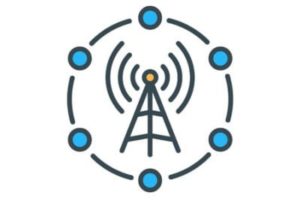Ericsson’s ConsumerLab has released a new report that suggests that 5G devices are already encouraging early adopters to change the way they use their smartphones. The report is the largest 5G consumer study performed thus far, and reflects the representative feedback of people in 26 global markets with more than 1.3 billion individual smartphone users.

Of those 1.3 billion, roughly 220 million are currently 5G subscribers, and the evidence indicates that those users are taking advantage of the performance benefits. Most notably, 5G customers spent (on average) two more hours in cloud gaming apps and one more hour in augmented reality (AR) apps than their 4G counterparts on a weekly basis. Twenty percent of those 5G subscribers also used less Wi-Fi, relying instead on their 5G connection at home and elsewhere.
The growing awareness of those benefits prompted more users to upgrade their subscriptions, with as many as an additional 22 percent of those with 5G-ready handsets choosing to activate their 5G service by the end of 2020. Most of those users were relatively happy with their phone’s speed and battery life, though many wanted network providers to provide better indoor service, while the majority (70 percent) expressed dissatisfaction with the lack of services and applications that could take full advantage of the newer hardware.
Ericsson attributed the prioritization of indoor service to COVD-19, insofar as pandemic lockdowns forced many people to stay inside for most of 2020. Based on its findings, the company argued that mobile operators need to do a better job of educating people about the benefits of 5G, and should try to deliver new use cases through their ecosystem partnerships.
“So far, analyses of 5G network experiences have focused on 5G speeds and availability based on independent network measurements. But it is equally important to understand how 5G early adopters perceive that experience,” said ConsumerLab Head Jasmeet Singh Sethi.
The US, China, South Korea, and UK markets were amongst those covered in the report. Ericsson itself is one of the leading purveyors of 5G network technology, and has recently helped telecoms launch 5G networks in Hong Kong, Canada, Norway, and the United States. The company also acquired Cradlepoint in a deal worth $1.1 billion.

Follow Us